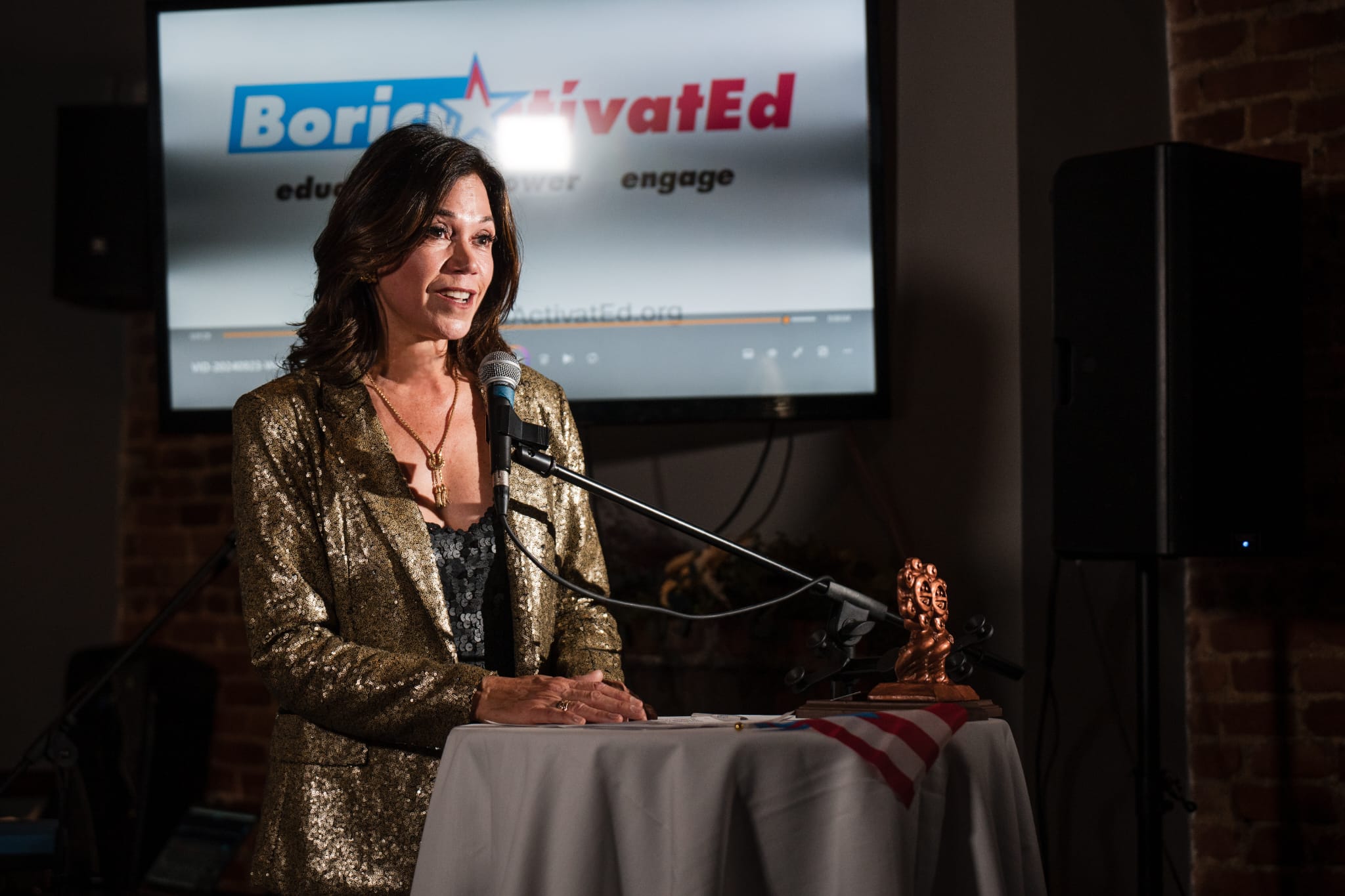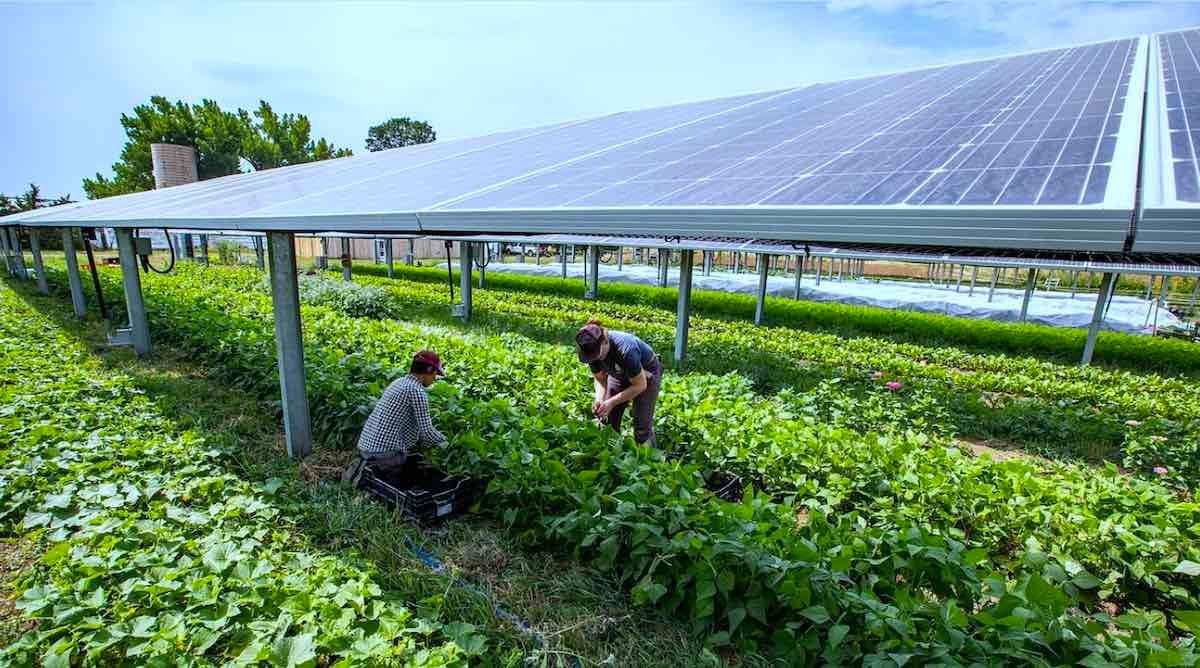FOMB reaches agreement on Central Government Debt
The Financial Oversight and Management Board (FOMB) reached an agreement with the Legitimate Debt Coalition (CDL, in Spanish), and with owners of General Obligation (GO) bonds, to reduce the public debt by 70% and prevent litigation from creditors.
“This new agreement is another step forward for Puerto Rico, one that takes the Island closer to exiting bankruptcy,” said Natalie Jaresko, the FOMB’s executive director. According to FOMB chairman José B. Carrión, Puerto Rico’s reduced debt would be paid off in approximately twenty years.
According to a financial advisor to CDL, the agreement cuts Puerto Rico’s debt by approximately $24 billion. It also shortens the debt repayment deadline by ten years and caps money assigned towards servicing of the debt at 9.16% of government income. The agreement also revives the Puerto Rico Sales Tax Financing Corporation’s (COFINA, in Spanish) subordinate bonds, assigning part of the income from Puerto Rico’s sale and use tax (SUT) toward debt repayment.
The announced agreement is not backed by Governor Wanda Vásquez Garced.
House passes $4.7 billion aid package for Puerto Rico
On Friday, the U.S. House voted to allocate $4.7 billion in emergency aid for Puerto Rico, as a response to the series of earthquakes that struck the Island’s southwest region earlier this year.
The bill allows funds to be used indistinctly from funds previously assigned to assist in the reconstruction from the damage caused by Hurricane Maria. Additionally, the bill includes a 60-day deadline for the U.S. Department of Housing and Urban Development (HUD) to publish its guidelines on the use of more than $1.9 billion in Community Development Block Grants for Disaster Recovery (CDBG-DR) assigned towards the reconstruction of the Island’s power grid. The bill also assigns $3.26 billion in CDBG-DR funds, $1.25 billion for road improvements, and $100 million for education-related costs, among other things.
The bill, however, is not expected to pass the Republican-led Senate, where it has been criticized by lawmakers including Finance Committee Chairman Chuck Grassley (R-IA). In addition, the Trump administration has announced plans to veto it, alleging concerns about corruption. No evidence has been made available to support claims by the Office of Management and Budget that any of the approved CDBG-DR funds have been misallocated, lost, or stolen.
Governor signs agreement regulating use of CDBG-DR funds
Last week, Gov. Wanda Vázquez Garced officially accepted the funding agreement regulating the $8.2 billion in Community Development Block Grants for Disaster Recovery (CDBG-DR). The agreement, offered in January by HUD Secretary Ben Carson, places restrictions on the use of the long-delayed funds.
For example, the funds can only be used on mitigation projects approved by the new federal financial monitor and the FOMB. Additionally, the Puerto Rican government must provide an action plan for the funds, and they may not be used on projects related to the Island’s power grid. The agreement also sets aside an executive order requiring people working on federally-financed reconstruction projects to be paid a minimum of $15 per hour.
Puerto Rico will not receive the $8.2 billion in a single sum. Rather, the emergency funds will be split into smaller blocks, with the first consisting of approximately $1.7 billion.
$1.6 billion in insurance claims remain unresolved in Puerto Rico
In the wake of Hurricanes Irma and Maria, many municipalities have received paltry insurance payouts, and many on the Island are currently struggling under the weight of $1.6 billion in unresolved insurance claims.
As The New York Times reports, some of the uncompensated and under-compensated include municipalities such as Aguadilla, which lost millions in destroyed property and infrastructure. Aguadilla sued its insurer, MAPFRE—the largest insurer on the Island—which paid off only $2 million on a claim for a coliseum whose repair is estimated to cost ten times that amount. Dozens of additional government and private properties have yet to be paid for, including hospitals, hotels, and homes.
An estimated $8.5 billion in insurance claims have been filed since Hurricane Maria, of which only $6.9 billion has been paid, according to Javier Rivera Ríos, the Island’s former insurance commissioner. However, much of the remaining $1.6 billion remains mired in claims of fraud and litigation. Worsening matters is the fact that two insurers closed doors after the hurricane, and that the industry is, according to the Times, “underfunded” and “subject to few regulations.”
Share
STAY IN THE LOOP
Subscribe to our free newsletter.
La organización BoricuaActivatEd celebró su séptimo aniversario con reconocimientos al líder de la red evangélica Esperanza y de la comunidad boricua de Filadelfia, Luis Cortés, y el legendario artista Antonio Martorell. Cortés, premiado por su
tudy: Economy leading factor for Puerto Ricans moving to Florida A new survey unveiled Monday in Washington, D.C. sheds new light on factors contributing to Puerto Ricans moving to the state of Florida. The Puerto
New federal funds for solar, battery storage announced The Department of Energy (DOE) on Thursday announced a conditional commitment to finance new solar and battery storage facilities on the southern coast of Puerto Rico. The investment




